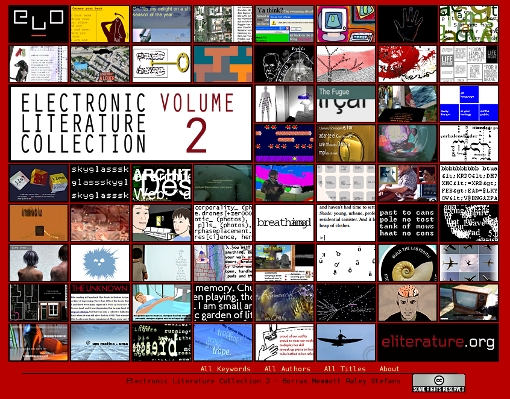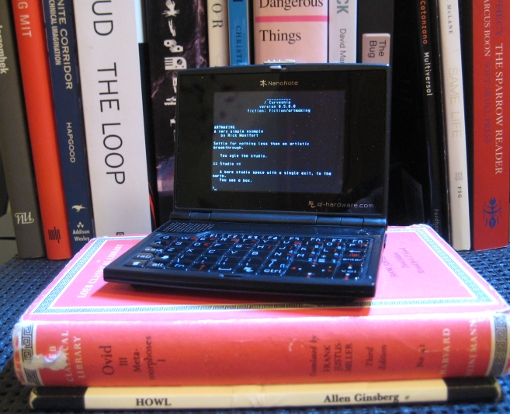My Curveship Talk at PAX-East 2011
I gave a talk about Curveship in the “IF Suite” (actually an ordinary hotel room with a few upturned beds, not a suite) at PAX-East 2011 earlier this month. It was great to present to fellow IF author/programmers from around the world at this event, which was effectively the second annual Festival of Interactive Fiction. The IF Summit was organized by Andrew Plotkin, a.k.a. Zarf, once again this year. Thanks to Jason McIntosh, there’s pretty good-quality video (very good, considering the ramshackle setup) of the first 22.5 minutes of my talk:










